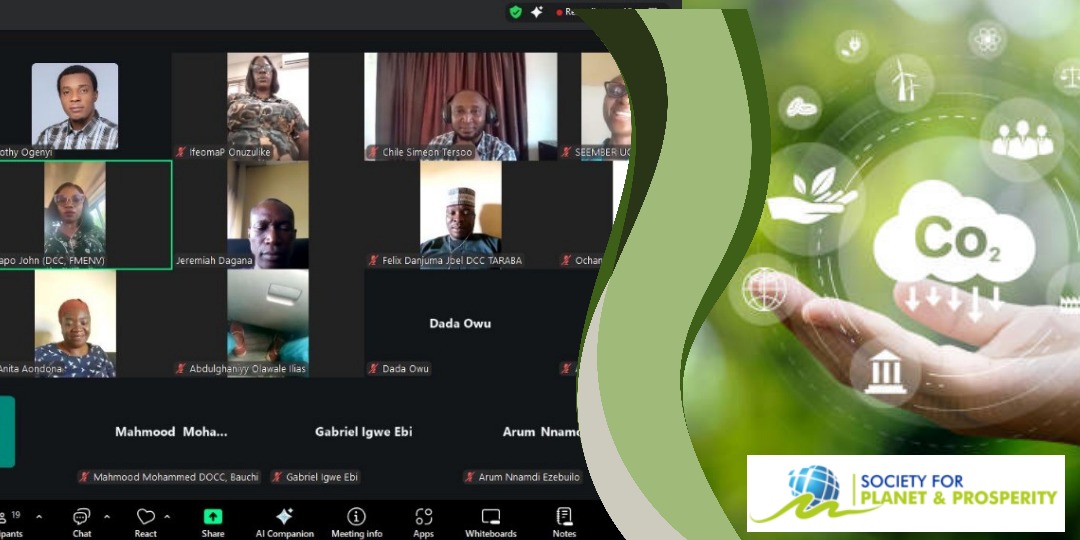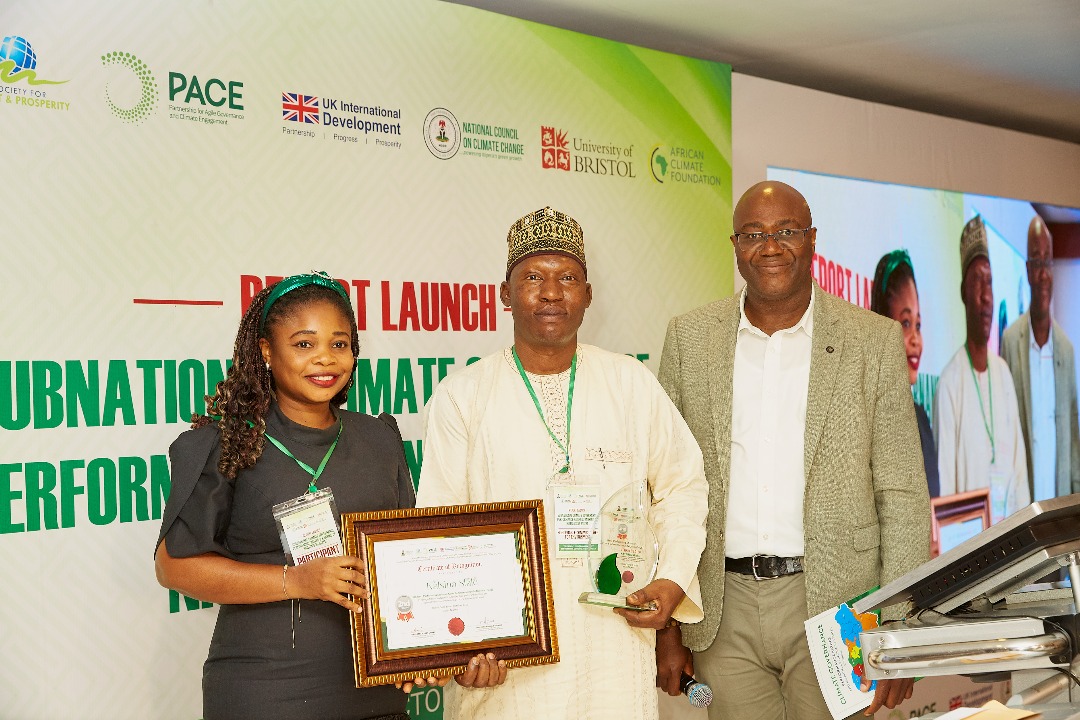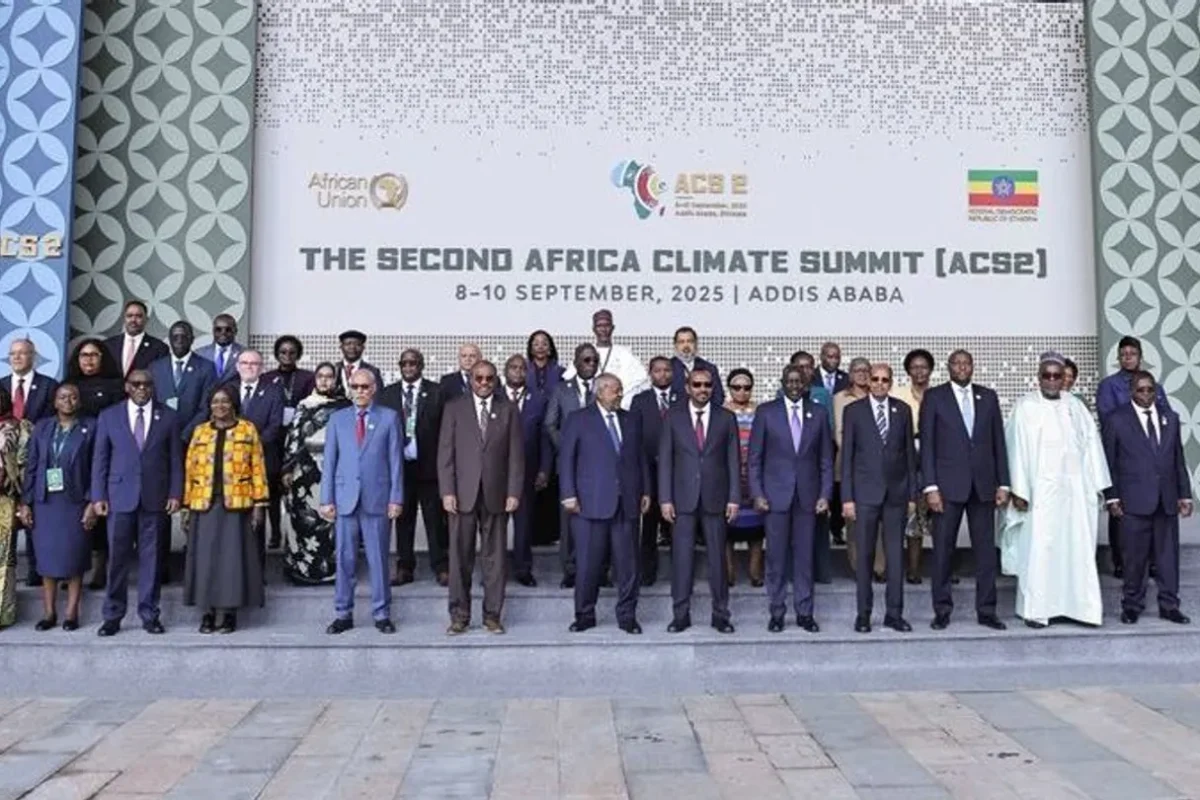In recent years, Nigeria has been feeling the impact of climate change in more visible and severe ways, and one of the most pressing challenges is extreme heat. Temperatures across the country are rising faster than ever, with prolonged periods of heat pushing both people and infrastructure to their limits. Heatwaves and high-temperature days are no longer rare events, and they carry significant risks for people’s health especially for vulnerable groups like the elderly, children, pregnant women, and outdoor workers.
Extreme heat kills more people globally than any other weather hazard, yet it remains one of Nigeria’s most underestimated public health threats. The Nigerian Meteorological Agency (NiMet) already provides heat advisories and forecasts, while health agencies such as the Federal Ministry of Health, the Nigeria Centre for Disease Control (NCDC), and state or local health authorities also share related public health messages. On paper, this looks like a functional system, one where science informs policy and policy informs the public. But in practice, things are not working well, and lives are being lost as a result.
When Abuja’s temperature hit 39°C earlier this year, the city seemed to melt into silence. Pedestrians slowed down, children huddled under kiosks for shade, and even the evening air felt heavy. Yet amid the sweltering heat, there was little to no public guidance, no clear warning about what was coming or how to cope. This silence reflects a dangerous communication gap in Nigeria’s climate response: we are forecasting the heat but not communicating it effectively.
While NiMet provides forecasts and health agencies issue advisories, there is no clearly defined chain of responsibility that determines who triggers what once an alert is released. The result is confusion; forecasts remain in reports or social media posts without being translated into clear, actionable steps for communities. This lack of coordination is not bureaucratic inconvenience; it is a public health threat. Without a structured response system, hospitals remain unprepared for heat-related illnesses, schools carry on normal schedules in unsafe conditions, and communities are left without practical guidance.
Countries like India and the United Kingdom show that it can be done differently. In India’s Ahmedabad city, once a heat alert is declared, every sector from hospitals and schools to radio stations knows exactly what to do. In the United Kingdom, the Met Office’s color-coded heat-health alerts automatically trigger actions across institutions: care homes activate cooling plans, hospitals prepare for heat-related admissions, and the public receives simple, actionable instructions. Nigeria needs the same sense of urgency and organization.
Another challenge is how heat warnings are written and delivered. Many NiMet advisories are technically sound but difficult for the average Nigerian to understand. Phrases like “heat stress index” and “temperature values remain high” sound scientific but offer little guidance. A warning that cannot be acted upon is as dangerous as no warning at all.
Nigeria must therefore adopt a plain-language approach to all heat advisories; one that tells people exactly what to do, when to do it, and why. Instead of vague phrases like “take precautions,” advisories should clearly say, “Drink water every hour, even if you’re not thirsty,” or “Avoid strenuous outdoor work between noon and 3 p.m.” These messages must be translated into Hausa, Yoruba, Igbo, and Pidgin, and tailored for vulnerable groups such as outdoor workers, students, and the elderly. Communication should not only inform but instruct – clearly, simply, and immediately.
The communication gap is also structural. Nigeria’s system relies heavily on national media and online platforms, which fail to reach rural communities and informal settlements; the areas most exposed to heat. Many outdoor workers have little internet access or awareness of official advisories. When temperatures soar, they are left to cope alone.
To fix this, messages must reach people through the channels they trust. Community radio, religious institutions, traditional rulers, and market associations are powerful platforms for local communication. In India, for example, community radio stations broadcast daily heat-safety tips, while volunteers share leaflets in local languages. Nigeria can replicate this easily. Ministries of Health and SEMAs can partner with radio stations and local health officers to deliver short, repeated, relatable messages. Churches and mosques can share heat-safety reminders during announcements. Posters and jingles can spread awareness faster than a press release ever will.
The World Health Organization (WHO) recommends that every country develop a comprehensive Heat–Health Action Plan that links forecasting, early warning, healthcare response, and public communication. Nigeria currently has no such plan, leaving agencies to act in isolation and communities unprotected. Developing a national framework is an urgent necessity. Such a plan could be anchored by a “Heat Action Chain”, a simple, one-page guide mapping who does what within 24 to 48 hours of a NiMet alert. Once a warning is issued, the Federal Ministry of Health should immediately notify state and local health departments, which in turn activate primary health centers and community broadcasters. Messages would begin circulating within hours, not days. The faster people hear, the faster they act.
As climate change intensifies, the heat will continue to rise; but the silence around it must not. Forecasting alone will not save lives; communication will. Every uncommunicated alert is a missed opportunity to protect Nigerians from preventable harm.
The next time NiMet issues a heat advisory, it must not end as a headline or a tweet. It should reach the people who sell under the sun, walk to work, or sleep without power. It should come in a language they understand, through voices they trust, with actions they can take. The heat is already here. What remains to be seen is whether our response will catch up or whether Nigeria will continue to be caught unprepared in the rising silence of the sun.
By Kamdi Chike-Nwaka
Society for Planet and Prosperity





